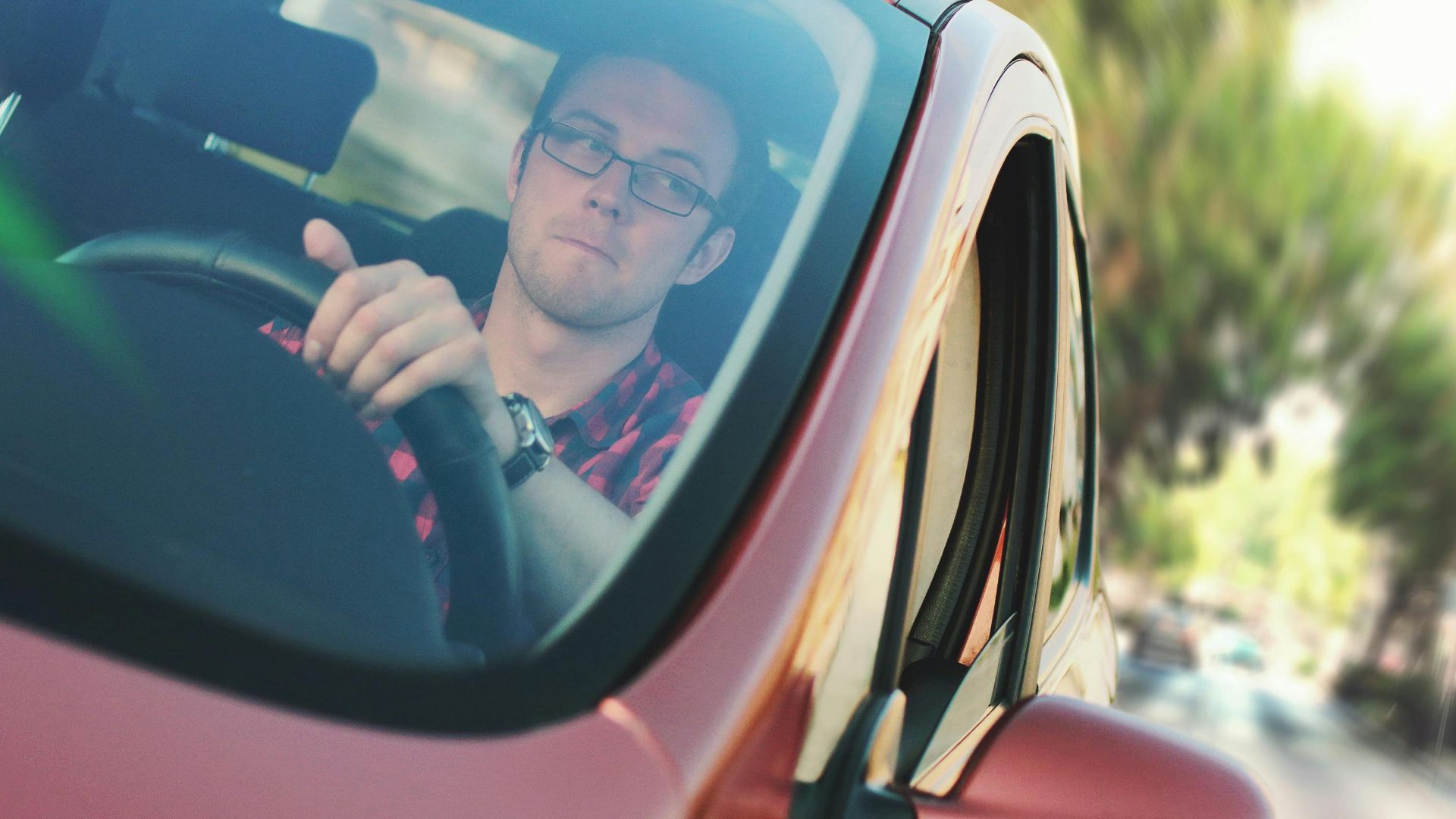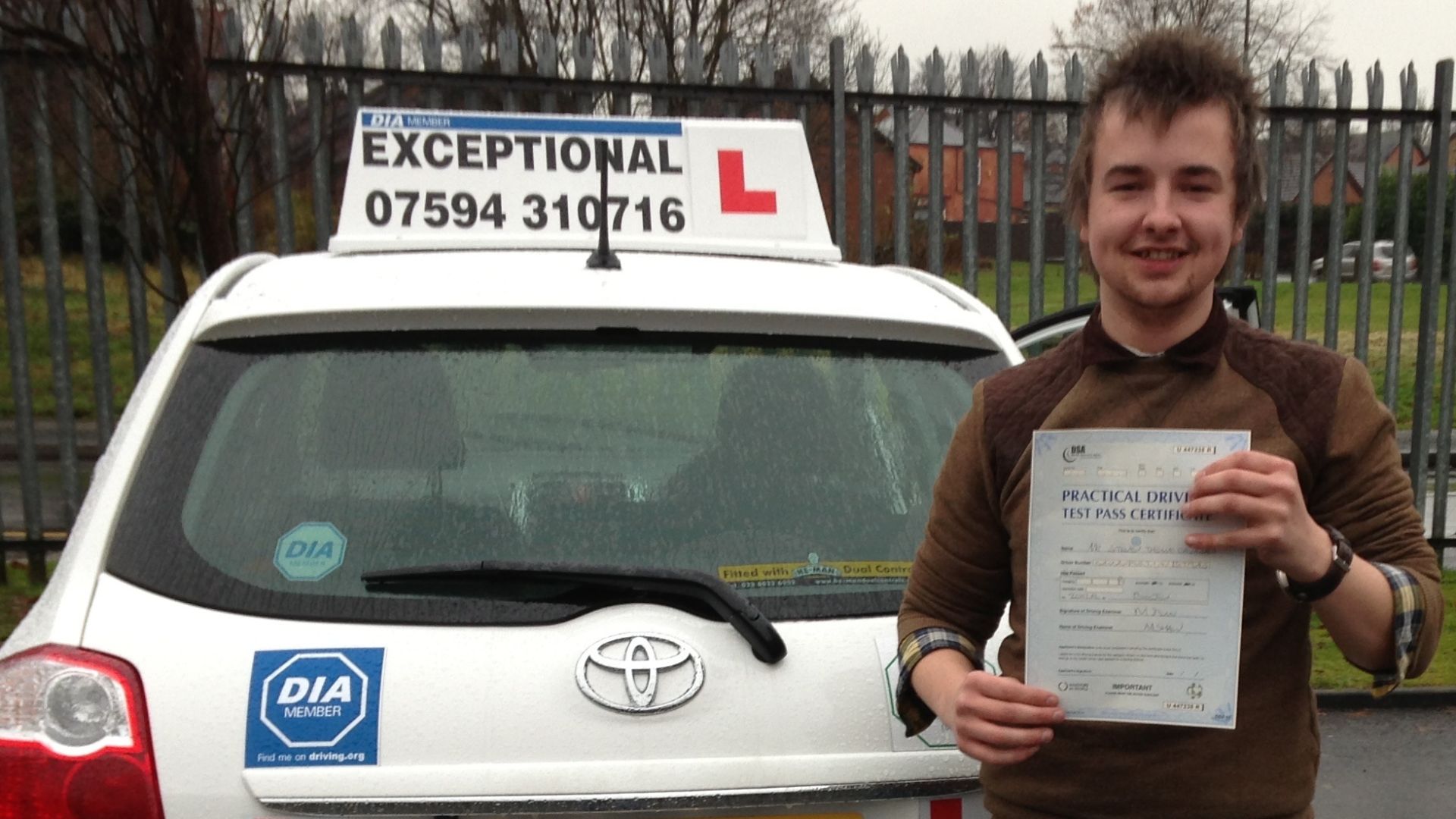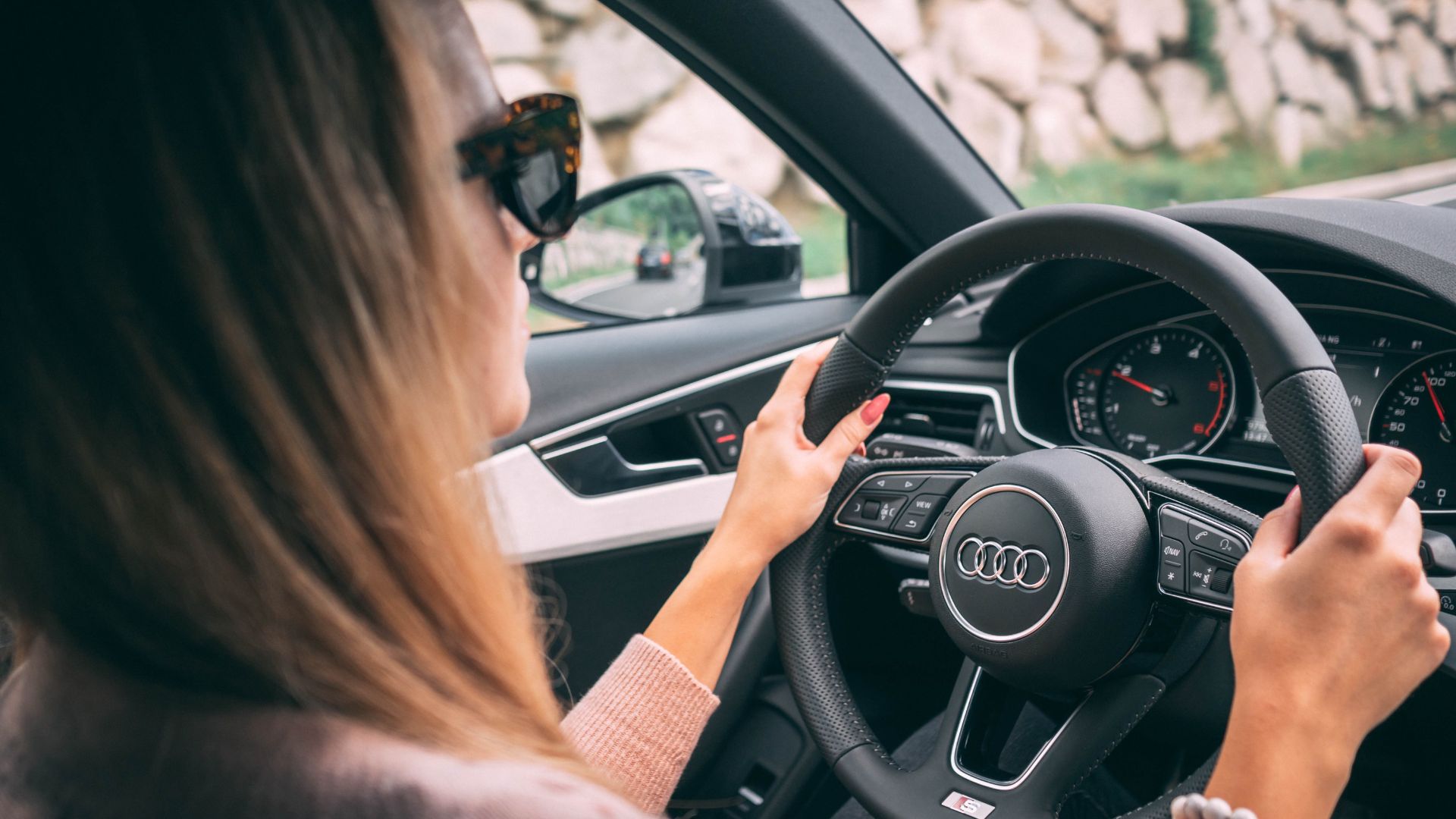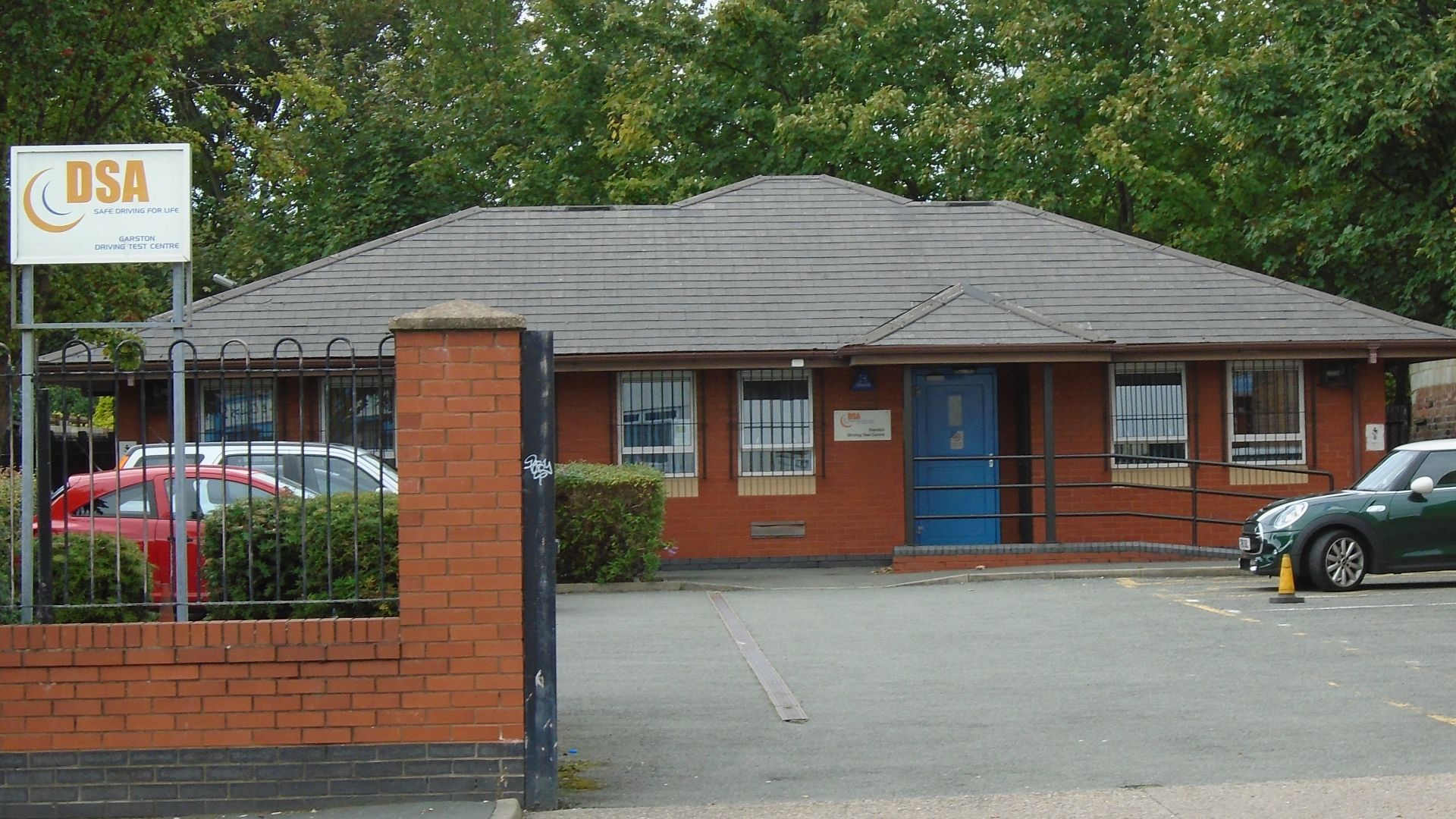The Driving School Debate
Driving school isn’t always the go-to for everyone, but it definitely has its share of fans who’ll argue it’s the key to becoming a safer, more confident driver. On the flip side, there are those who see it as an unnecessary step in the process of getting behind the wheel. So, first, let’s look at the ten benefits that might just change your mind about driving school.
1. Builds Strong Driving Fundamentals
Every good driver starts somewhere, and driving school lays the groundwork that many miss when learning from a friend or relative. You’re taught why things matter, like proper hand placement or how wide your turns should be, so you're not overwhelmed by everything at once.
2. Boosts Confidence Behind The Wheel
Confidence comes from practice. It’s the quiet moment you realize you're not gripping the steering wheel like it owes you money. Plus, a good instructor helps you stay calm through sharp turns and nerve-wracking parallel parking attempts.
3. Reduces Risk Of Accidents
Learning to drive is about spotting danger before it becomes a problem. Instructors train you to read the road like a story. You learn to expect the unexpected, not just react to it. Over time, this mindset becomes automatic.
4. Prepares You For The Driving Test
Driving tests are like theater performances—practice is everything, but knowing the script helps. Instructors walk you through what to expect during the test. So, you’ll know where examiners love to dock points and what they consider automatic fails.
5. Lowers Insurance Premiums
Insurance companies usually offer discounts to new drivers who’ve completed formal training. Why? Because trained drivers are seen as safer bets. So, while the upfront cost of driving school might sting a bit, it pays off every month when your premium drops.
6. Promotes Defensive Driving Skills
You’re doing everything right—and then someone swerves into your lane without signaling. It’s a jolt, but you don’t panic. That’s defensive driving. Driving schools usually teach you to drive in a way that protects yourself.
7. Enhances Knowledge Of Traffic Laws
Driving school clears up the fuzzy areas and helps you make sense of confusing intersections and odd signage. It’s about knowing your rights and your responsibilities. With the law on your side and in your head, driving feels less like a guessing game.
8. Instills Safe Driving Habits Early
It’s amazing how quickly routines form when you’re behind the wheel. You look over your shoulder before changing lanes. You tap the brakes gently when approaching a red light, and you don’t even think about it, as it just happens.
9. Reduces Road Test Anxiety
Practicing with instructors who simulate real test conditions can help reduce anxiety on an actual day. Research from organizations like the AAA Foundation for Traffic Safety supports this kind of preparation as beneficial for boosting performance.
10. Provides Structured Learning Experience
There’s a huge difference between “driving around” and learning how to drive. Without structure, you might skip critical lessons. Driving school gives you a plan. You start with the basics and move up to complex maneuvers, building on what you already know.
Now, here are ten reasons why it could be a total waste of time for some people.
1. High Costs Without Guaranteed Benefits
Learning to drive already burns a hole in your wallet, and driving school piles on even more. The issue? There’s no guarantee it’ll work for you. Some people still fail the test or walk away confused despite spending hundreds.
2. Outdated Teaching Methods In Some Schools
While some instructors evolve with the times, others seem stuck in 1997. You show up hoping to learn about smart car features or highway merging, only to sit through grainy videos. And in that case, why not just learn from someone who’s at least using current technology?
3. Limited Customization For Individual Needs
Some students are terrified of highways. Others need help with reverse parking. But in many driving schools, lessons march on in a fixed sequence. You’d probably just spend two sessions doing basic turns when you really need time for emergency stops.
4. Overemphasis On Test Passing
A lot of schools shape their entire curriculum around getting you through the test. They teach the “tricks” to pass, but skip over things like merging onto busy highways. The result? You pass the test, but still freeze up when a semi-truck looms in your blind spot.
5. Lack Of Standardized Instructor Quality
A certified badge doesn’t always mean quality. Some are passionate and helpful; others barely look up from their phones. If you're unlucky, you’ll get the one who talks too much or barely gives feedback. Worse, switching instructors can mean starting from scratch.
6. Too Much Focus On Theory Over Practice
If you wanted to read about driving, you could’ve Googled it. Yet some programs load you up with classroom sessions and quizzes before you even touch a steering wheel. And for people who absorb it by doing, all that theory just delays progress.
7. State Laws Still Require You To Practice At Home
Even after shelling out money for a driving course, most states still require hours of practice with a parent or guardian. That means the “real learning” still happens outside of school. So, if you have to do that part anyway, why double up?
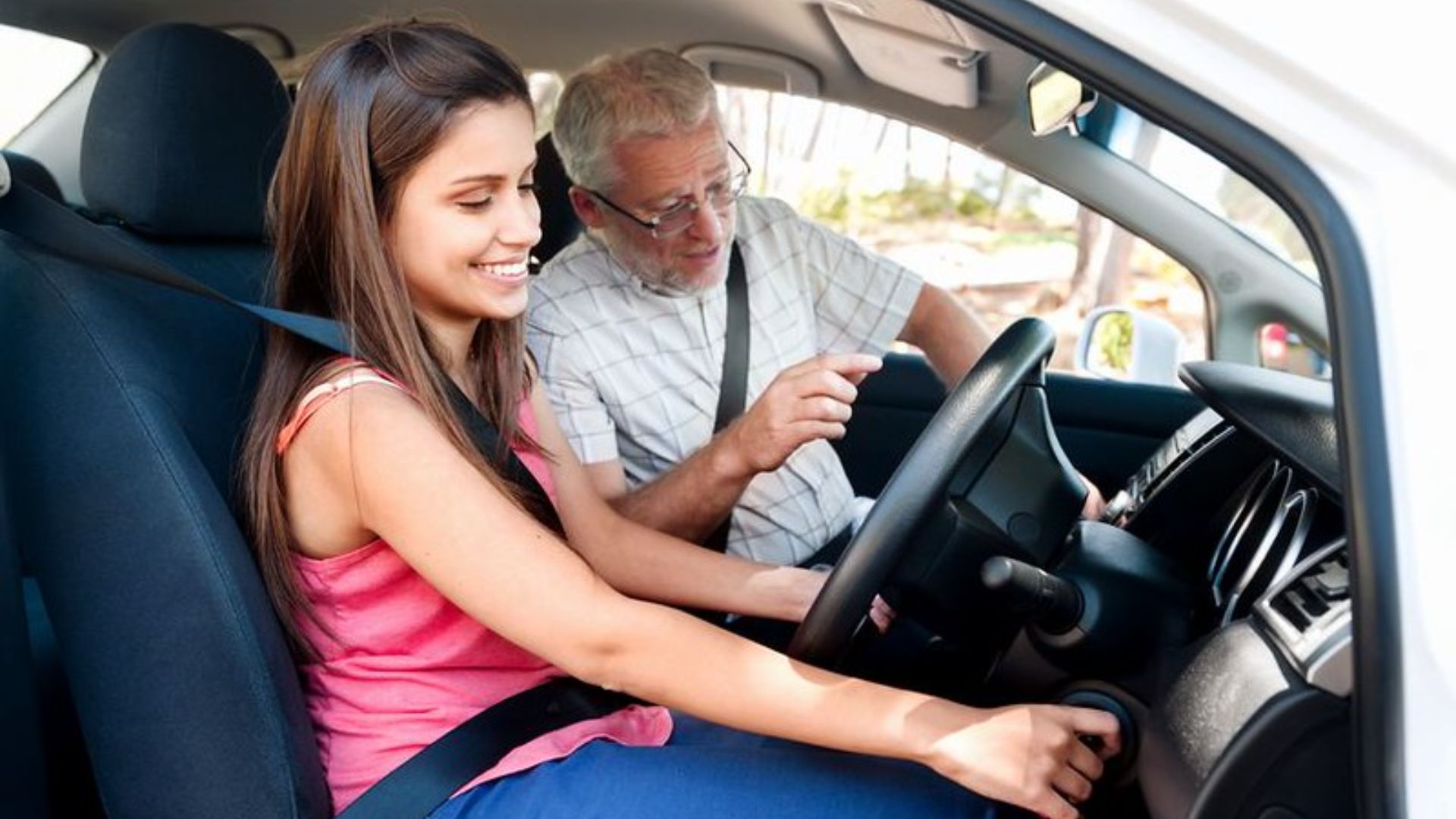 Westwood Driving School on Wikimedia
Westwood Driving School on Wikimedia
8. Peer Practice Sessions Often Work Better
Driving with a sibling or friend in the passenger seat often feels more relaxed than being graded by a stranger. You don’t feel like every move is being judged. In that comfort, you learn better. However, effectiveness varies from person to person.
 David Emrich on Unsplash9. Practical-Decision Making Isn’t Taught In A Classroom
David Emrich on Unsplash9. Practical-Decision Making Isn’t Taught In A Classroom
Many courses address defensive driving techniques, but you won’t learn how to deal with a tailgater or what to do when traffic lights go out during a storm by reading a booklet. Those decisions rely on instinct, and there are no perfect answers to every situation.
10. The Licensing Test Doesn’t Care Where You Learned
When you show up for your driving test, the examiner doesn’t ask who taught you. They just care whether you can handle the car and follow the rules. That’s it. No one gets extra credit for having a driving school certificate.


